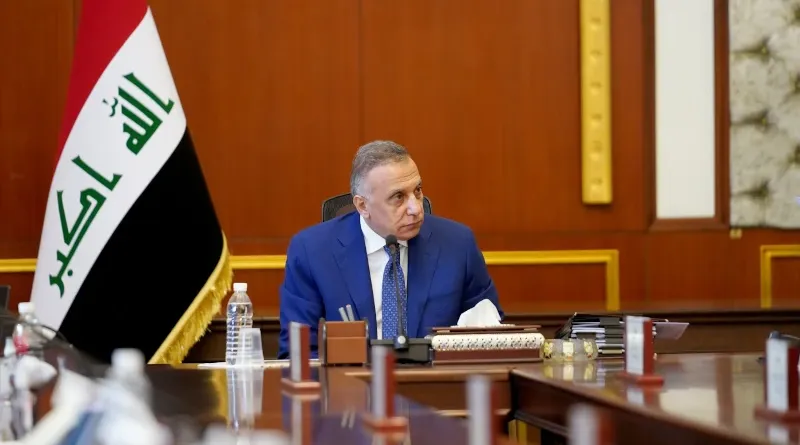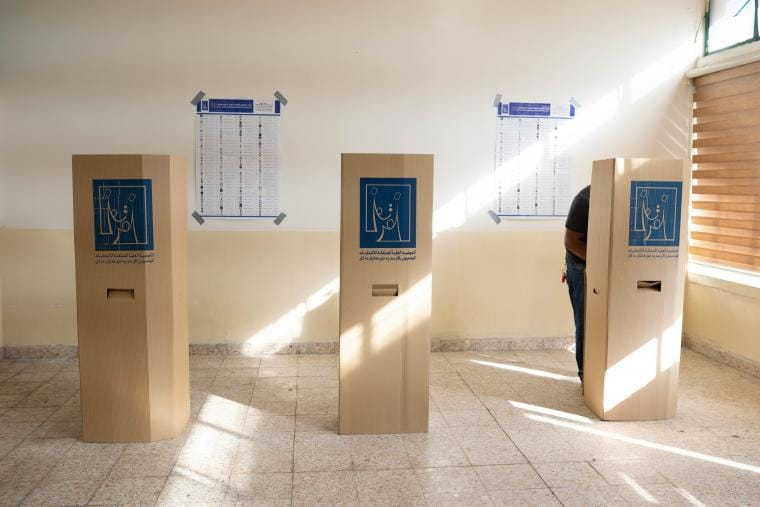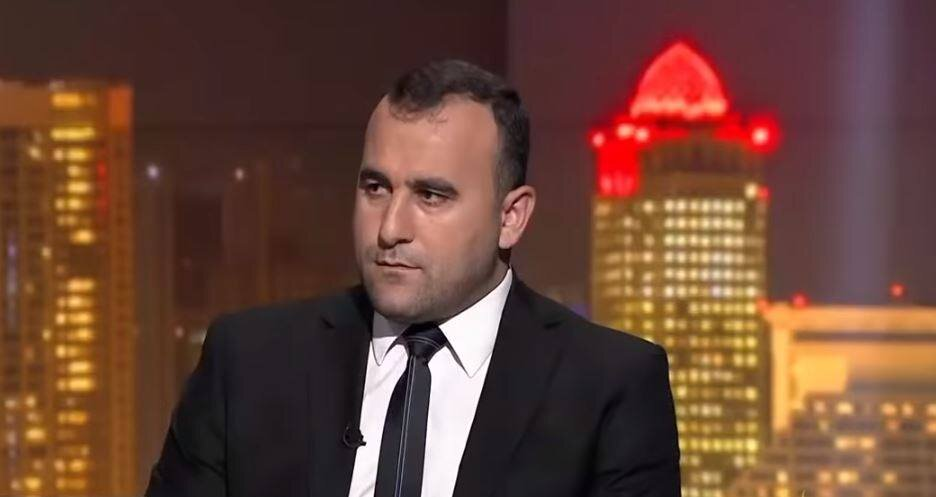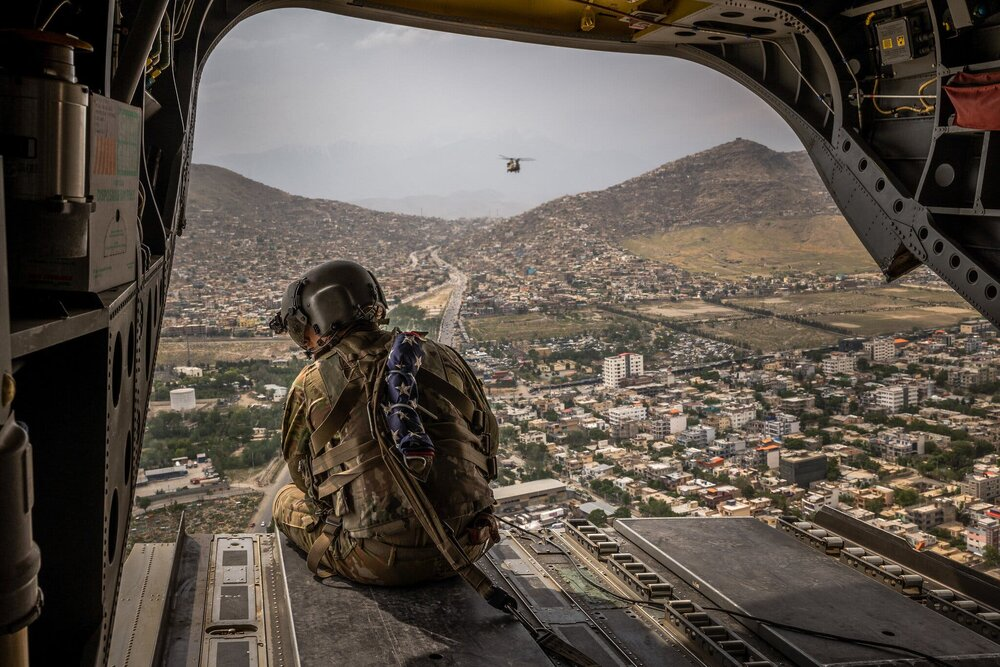The Fall of Vukovar: Oral History of a Croatian Town’s Destruction

On the 30th anniversary of the fall of Vukovar to the Yugoslav People’s Army and Serbian paramilitaries, local residents and Croats who fought to defend the town look back on the devastating three-month siege and its brutal aftermath.
The Yugoslav People’s Army, aided by Serb Territorial Defence forces and paramilitaries from Serbia, launched a full-blown attack on Vukovar in eastern Croatia on August 25, 1991, beginning a siege that would last for 86 days and leave around 3,000 soldiers and civilians dead before the town’s defenders had to surrender.









